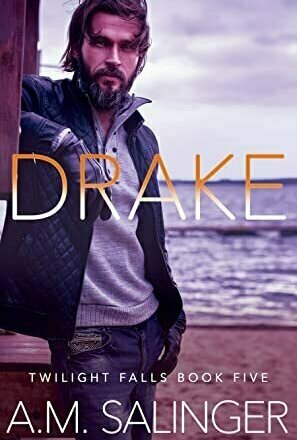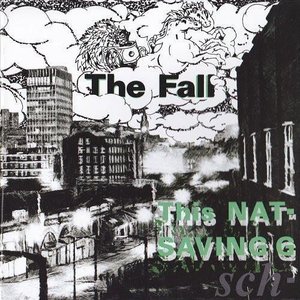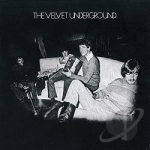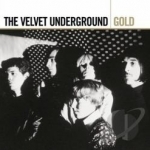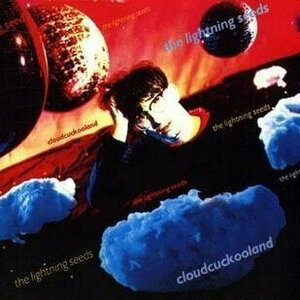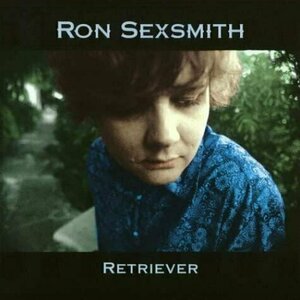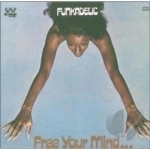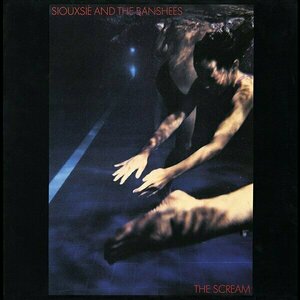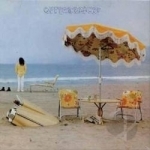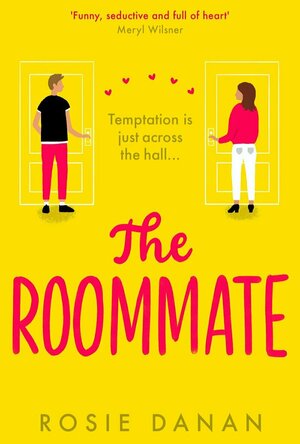Search
Search results
Debbiereadsbook (1454 KP) rated Drake (Twilight Falls #5) in Books
Apr 26, 2021
bloody loved this one!
Independent reviewer for Archaeolibrarian, I was gifted my copy of this book.
This is book 5 in the Twilight Falls series, but can be read as a standalone. I would, however, personally recommend you DO read them. It will give you a better feel for this group of men, and they ain’t too shabby either! I’ve not read book 4, Wyatt, though.
Drake meets Roman at Carter (book2) and Elijah’s wedding. There is instant and powerful chemistry. Roman is only in town for the night though. When Drake finds out that Roman bought the house he has been after for years, and then hires Drake to do the renovations, they embark on a mutual arrangement to satisfy their needs. But deep down, Drake knows he can’t be really happy, not ever. And Roman isn’t the happy ever after kind, right?
Oh
My
Days!
I loved this instalment from Twilight Falls, I really did! Drake and Roman have powerful and incendiary chemistry, and it burns right through the book. But very quickly, that changes, gets deeper between them, but neither is willing to say the words they feel.
Roman’s past comes back to haunt him, and I think at THIS point, Drake realises that he’s in too deep. But it takes Roman leaving, for Drake to admit to himself, that just because his PAST was bad, doesn’t mean that HE will carry that forward. He needs Roman and he gets what he wants.
I loved that all the guys from the previous books pop up here, and I loved the band mates of Roman’s and how well everyone gets along, eventually. The manager isn’t too happy with Drake in the beginning, but he sees, he really SEES that Drake is good for Roman.
I have just one comment, and it IS just a comment, rather than anything else!
Does Miles get talked about before, the seventh member of this little group of childhood friends? Indeed, was the name of the group mentioned? I don’t recall, so maybe I missed it, but I’ve been to sleep since I read book 3, so maybe it’s just me not recalling correctly.
Given what occurs here, with Tristan and James, or more what’s IMPLIED here with those two, I assume their book is next. And then? Miles? Since he will be the only one left, and I look forward to reading his book the most now!
5 full and shiny stars
**same worded review will appear elsewhere**
This is book 5 in the Twilight Falls series, but can be read as a standalone. I would, however, personally recommend you DO read them. It will give you a better feel for this group of men, and they ain’t too shabby either! I’ve not read book 4, Wyatt, though.
Drake meets Roman at Carter (book2) and Elijah’s wedding. There is instant and powerful chemistry. Roman is only in town for the night though. When Drake finds out that Roman bought the house he has been after for years, and then hires Drake to do the renovations, they embark on a mutual arrangement to satisfy their needs. But deep down, Drake knows he can’t be really happy, not ever. And Roman isn’t the happy ever after kind, right?
Oh
My
Days!
I loved this instalment from Twilight Falls, I really did! Drake and Roman have powerful and incendiary chemistry, and it burns right through the book. But very quickly, that changes, gets deeper between them, but neither is willing to say the words they feel.
Roman’s past comes back to haunt him, and I think at THIS point, Drake realises that he’s in too deep. But it takes Roman leaving, for Drake to admit to himself, that just because his PAST was bad, doesn’t mean that HE will carry that forward. He needs Roman and he gets what he wants.
I loved that all the guys from the previous books pop up here, and I loved the band mates of Roman’s and how well everyone gets along, eventually. The manager isn’t too happy with Drake in the beginning, but he sees, he really SEES that Drake is good for Roman.
I have just one comment, and it IS just a comment, rather than anything else!
Does Miles get talked about before, the seventh member of this little group of childhood friends? Indeed, was the name of the group mentioned? I don’t recall, so maybe I missed it, but I’ve been to sleep since I read book 3, so maybe it’s just me not recalling correctly.
Given what occurs here, with Tristan and James, or more what’s IMPLIED here with those two, I assume their book is next. And then? Miles? Since he will be the only one left, and I look forward to reading his book the most now!
5 full and shiny stars
**same worded review will appear elsewhere**
Brett Anderson recommended This Nation's Saving Grace by The Fall in Music (curated)
Brian Eno recommended Velvet Underground by The Velvet Underground in Music (curated)
Johnny Marr recommended track Foggy Notion by The Velvet Underground in Gold by The Velvet Underground in Music (curated)
Ian Broudie recommended track Pure by The Lightning Seeds in Cloudcuckooland by The Lightning Seeds in Music (curated)
Tom Chaplin recommended Retriever by Ron Sexsmith in Music (curated)
Nick McCabe recommended Free Your Mind...And Your Ass Will Follow by Funkadelic in Music (curated)
Shirley Manson recommended Scream by Siouxsie & The Banshees in Music (curated)
Gaz Coombes recommended On The Beach by Neil Young in Music (curated)
Kristy H (1252 KP) rated The Roommate in Books
May 6, 2021
A fun, sexy romance
Clara Wheaton comes from a wealthy family--the well-to-do Wheatons are infamous for many things, but socialite Clara has made a life around pleasing her parents and doing everything just right. But she's breaking out of the mold for the first time: heading across the country to move in (as a roommate) with her longtime childhood crush, Everett. But when Everett picks Clara up at the airport, he breaks the news that he's leaving to tour with his band, and she'll be living with a stranger, Josh. Josh seems friendly enough, but uppity Clara has no intentions of sharing a place with someone she doesn't know. When she researches him on the Internet, she makes a startling discovery about his profession. Clara realizes any association with Josh may turn her into another Wheaton scandal. But the more she gets to know him, she realizes Josh is more than his job. And he has a lot to say about women and sexuality and the power of women deserving better sex.
"Somewhere in her bloodline, a Wheaton had crossed Fate, cursing his descendants to pay the price. That was the only explanation for why, the one and only time Clara had taken a leap of faith, she'd landed with a spectacular belly flop."
THE ROOMMATE was one of those books that seemed to be everywhere for a while. I think if it hadn't been quite so hyped, I would have enjoyed it more. I liked it, but did not love it. Josh and Clara are a good couple, but didn't have that irresistible chemistry and witty banter that takes a romance to the next level.
Clara was too worried about the impression she made on everyone--Josh, her family, strangers, etc. I get that she came from a well-known family, but the fact that she dodged her mom's phone calls for weeks because she was too afraid to tell her she wasn't living with Everett was a bit much. But I could relate to a lot of Clara, and I appreciated her growth process. Josh was an interesting character and certainly not typical of what you see in a lot of romances. Neither seemed fully developed to me, though, and perhaps that's why it was hard to fully root for them.
Still, this is a cute and sexy book. It's a fast read and I enjoyed its push for female sexual empowerment. I'll definitely pick up the next book in the series. 3 stars.
"Somewhere in her bloodline, a Wheaton had crossed Fate, cursing his descendants to pay the price. That was the only explanation for why, the one and only time Clara had taken a leap of faith, she'd landed with a spectacular belly flop."
THE ROOMMATE was one of those books that seemed to be everywhere for a while. I think if it hadn't been quite so hyped, I would have enjoyed it more. I liked it, but did not love it. Josh and Clara are a good couple, but didn't have that irresistible chemistry and witty banter that takes a romance to the next level.
Clara was too worried about the impression she made on everyone--Josh, her family, strangers, etc. I get that she came from a well-known family, but the fact that she dodged her mom's phone calls for weeks because she was too afraid to tell her she wasn't living with Everett was a bit much. But I could relate to a lot of Clara, and I appreciated her growth process. Josh was an interesting character and certainly not typical of what you see in a lot of romances. Neither seemed fully developed to me, though, and perhaps that's why it was hard to fully root for them.
Still, this is a cute and sexy book. It's a fast read and I enjoyed its push for female sexual empowerment. I'll definitely pick up the next book in the series. 3 stars.
